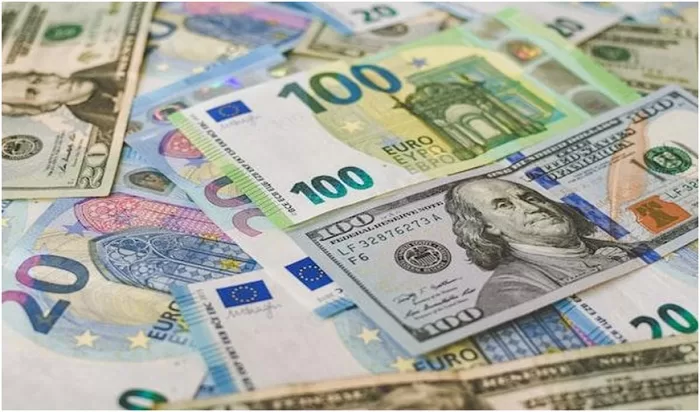Factors That Influence the Exchange Rate Between Global Currencies

Many factors determine the exchange rate between global currencies. Some of these political factors such as a country’s interest rates, inflation, and trade deficits or surpluses. Other factors are economic, such as a country’s gross domestic product (GDP) and productivity. Keep reading to learn more about the factors influencing the exchange rate between global currencies.
Exchange Rate
The exchange rate is the price of one currency expressed in terms of another. For example, you can calculate USD to GBP to find the exchange rate between these two currencies. The exchange rate changes daily, and it can go up or down. The supply and demand for each currency determine the exchange rate. Supply and demand is a fundamental economic principle that drives price determination and, ultimately, economic growth. It is the relationship between the availability of a good or service and the desire for it, which determines how much people are willing to pay for it.
The higher the demand for a currency and the lower the supply of a currency, the higher the exchange rate will be. The lower the demand for a currency and the higher the supply of a currency, the lower the exchange rate will be.
Interest Rates

Interest rates are one of the most critical factors that affect currency exchange rates. Interest rates are a critical part of the economy, and they can have a huge impact on the average person’s life. When the interest rate is high, it’s more expensive for businesses to borrow money, so they might invest less money in the stock market. When the interest rate is low, businesses have more money to invest, so the stock market might go up.
When countries have high-interest rates, their money becomes more desirable because it offers higher investment returns. This causes the currency to appreciate as demand for the currency increases. Conversely, when a country has low-interest rates, its currency becomes less desirable, as investors can earn better returns in other countries. Low-interest rates lead to a depreciation in the value of the currency.
Geo-Political Factors
Geo-political factors can also influence the exchange rate between global currencies. Some of these factors include a country’s economic stability, level of debt, and the strength of its money. For example, if a country is experiencing a lot of economic turmoil, the value of its currency will likely decline in relation to other global currencies. Investors will be less likely to invest in that country, and its currency will become less valuable. Another important factor that can affect currency exchange rates is a country’s level of debt.
If a country has a lot of debt, its currency will likely be weaker, as investors will be less likely to invest in it. A country with a lot of debt is a risky investment, and investors would instead invest in countries perceived as being more stable. Finally, the strength of a country’s money can also have a significant impact on currency exchange rates. For example, if a country’s money is strong, its currency will likely be more valuable in relation to other global currencies. Investors will be more likely to invest in it, as it is a safe investment.
Inflation
High inflation is another factor that influences the exchange rate between global currencies. Inflation is a sustained increase in the general prices for goods and services in an economy. When inflation is high, the value of the currency falls, which makes it less attractive to investors. In contrast, countries with low levels of inflation tend to have stronger currencies. Investors perceive these countries as being more stable and less risky. As a result, they are more likely to invest in these countries, which drives up the value of their currency.




























